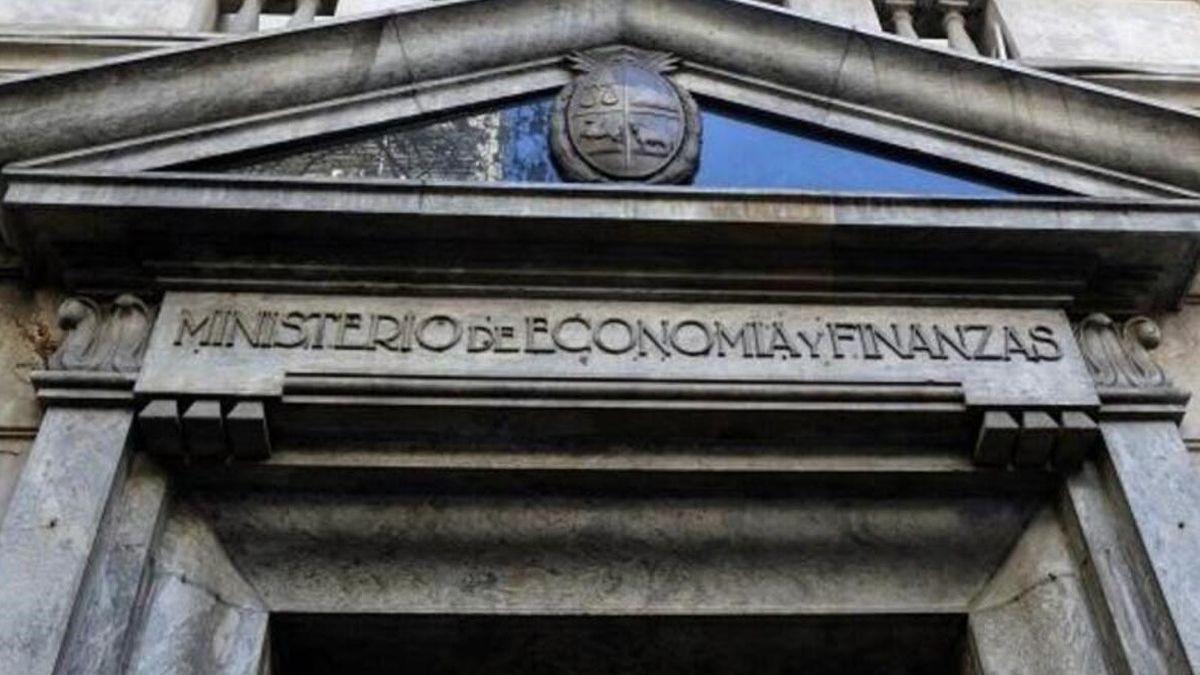He Ministry of Economy and Finance (MEF) reported that the fiscal deficit was 4% of GDP in the 12 months ended August, remaining at the same level for the second consecutive month, after a year in which the indicator registered several increases.
The stability of fiscal deficit It is a good sign for the government, which had warned that the deterioration was temporary and the scenario was going to be corrected in the coming months, as the economic activity recover from the impact of the drought.
According to the report of MEF, he fiscal deficit of the Central Government – Social Security Bank (GC-BPS) was located at 3.9% of the GDP, while the entry of funds to Social Security Trust (FSS) was 0.1%, so the total reaches 4%.
What were the results of the public accounts?
When analyzing the results of the public accounts, the survey specified that the income of the GC-BPS were in 26% of the GDP, decreasing 0.1% year-on-year, as a result of lower revenue collection DGI.
The primary expenditures of GC-BPS stood at 27.5% of the GDP, falling 0.1% with respect to the twelve months ended July, due to a reduction in the investments category. In turn, the net expenses imputed to the COVID-19 Solidarity Fund were estimated at 0.1% of the GDP.
Meanwhile, the interest payment of the GC-BPS remained constant compared to the previous month, standing at 2.3% of the GDP.
On the other hand, the result of the Public enterprises (EEPP) was 0.1% of GDP, improving 0.1% compared to the previous month, something that MEF attributed to the fall in stocks of crude oil and oil derivatives Ancap.
Regarding the result of the Non-monetary Public Sector (SPNM) was located at 3.3% of the GDP and, excluding the income of the FSS, reached 3.4%. Furthermore, the overall result of the BCU stood at 0.5% of GDP, with a decrease of 0.1% on a monthly basis. Finally, the result of Global Public Sector (SPG) was 3.8% of the GDP, reaching 4% if the effect of the FSS.
Fitch closely follows the fiscal issue in Uruguay
The credit rating agency Fitch Ratings warned weeks ago that it closely follows the fiscal framework of Uruguay and considered that the country faces “a new pre-electoral test” due to the elections of 2024.
The firm, which on June 7 improved the Uruguayan sovereign rating of BBB to BBB with stable outlook, admitted that “fiscal projections could be revised further in light of the continued deterioration in 2023.” In that sense, they assured that “these pressures on the income and expense side are turning out to be greater than we expected.”
In any case, since Fitch believe that “the ability of the authorities to reverse the current fiscal deterioration and avoid the pre-electoral fiscal slide that has characterized Uruguay in the past will be a new test for the updated fiscal framework.”
Source: Ambito




